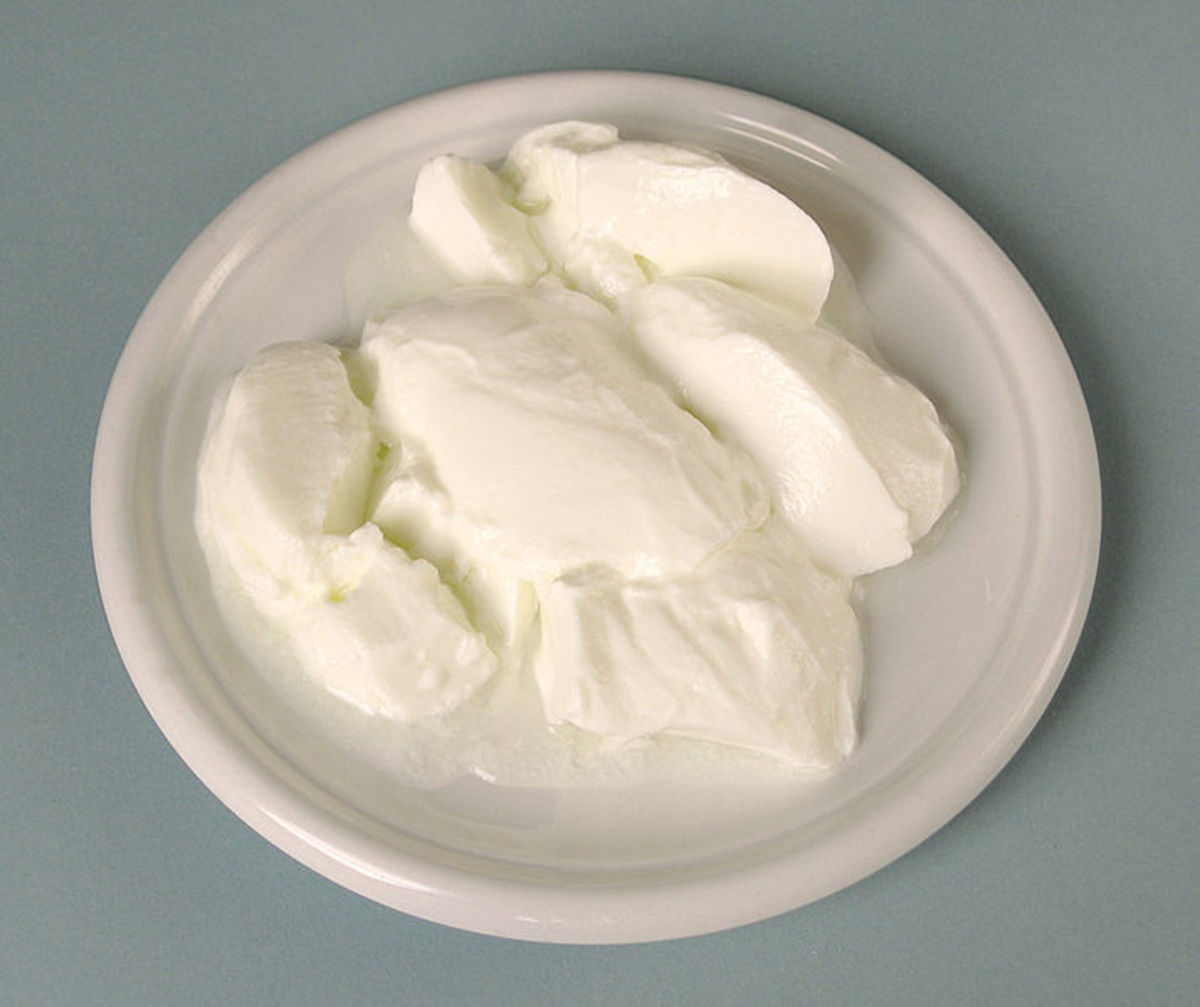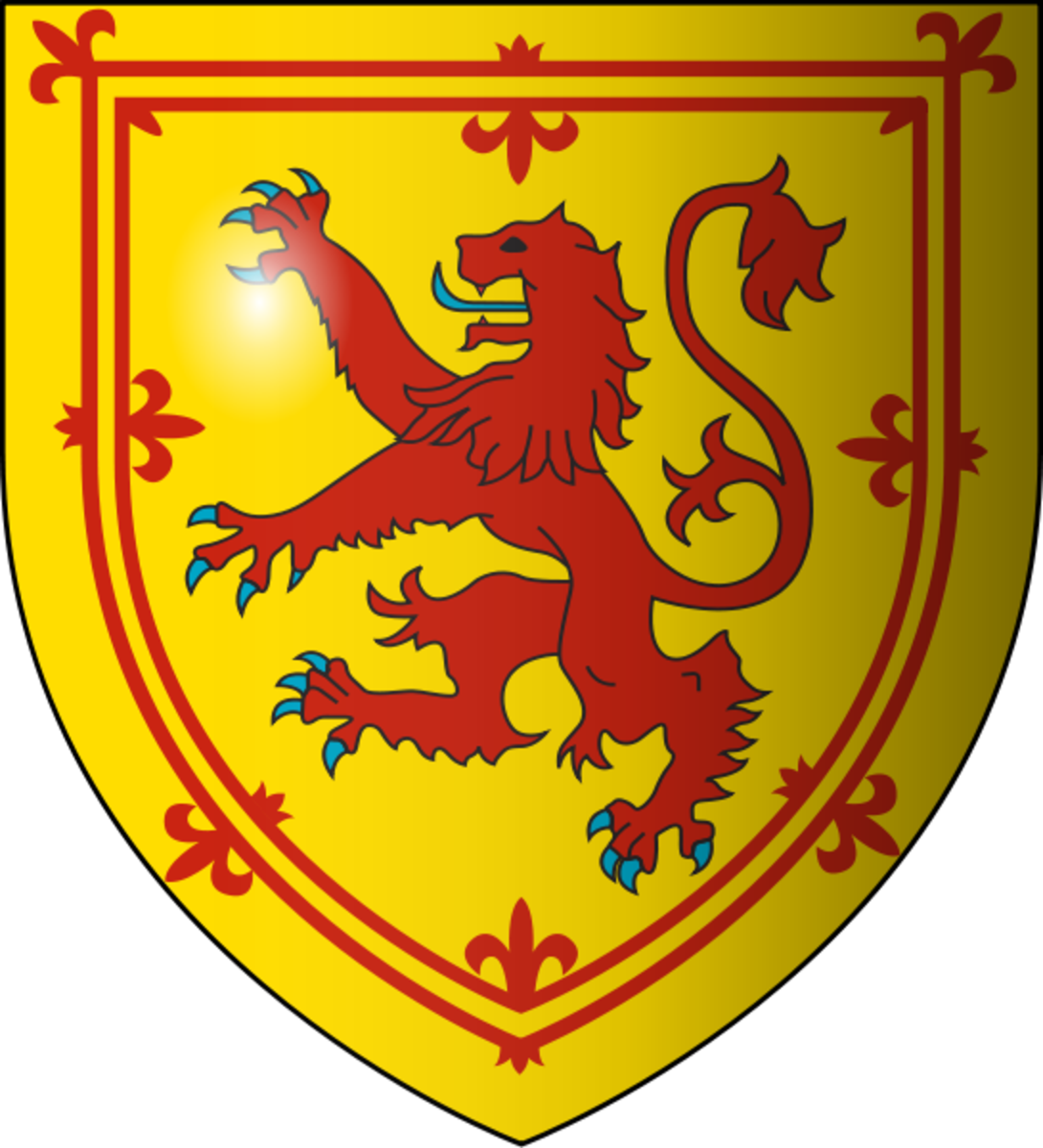The History of the Most Common Names: Males
Every name has a history, unique or not. Where did it first originate? Around a campfire ten million year ago, maybe. Or perhaps it evolved from another name? Here is the history of the most popular MALE names.
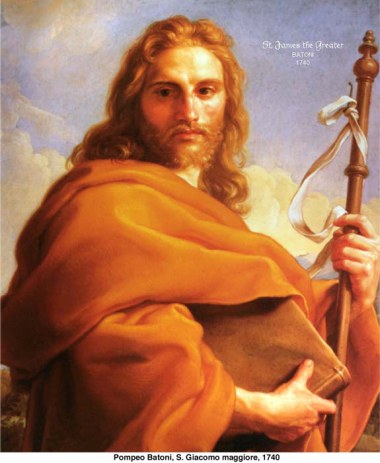
1. James
4,840,833 James’
James is the English form of the Late Latin name Lacomus which derived from the New Testament Greek form of the Hebrew name Ya’aqov. James was the name of two apostles in the New Testament — the first being Saint James the Greater, and second James the Lesser. Another James (known as James the Just) is also mentioned in the Bible as being the brother of Jesus.
It’s been used in England since the 13th century, though it became more popular in Scotland (where it was given to several kings).
2. John
4,772,262 Johns
John is the English form of Iohannes, which is the Latin form of the Greek name Ιωαννης (Ioannes). This name itself derives from the Hebrew name יוֹחָנָן (Yochanan) meaning “YAHWEH is gracious”. Long history! So why is it so popular? Well, because of the saints in the New Testament, mainly — John the Baptist and the apostle John.
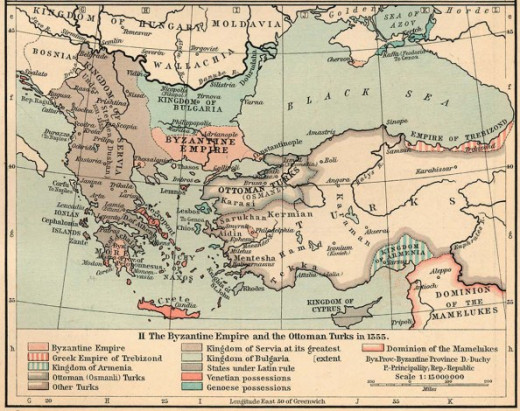
It was initially more common among Eastern Christians in the Bryzantine Empire, but the name John flourished in Western Europe after the First Crusade. During the Middle Ages it was approximately given to a fifth of all boys.
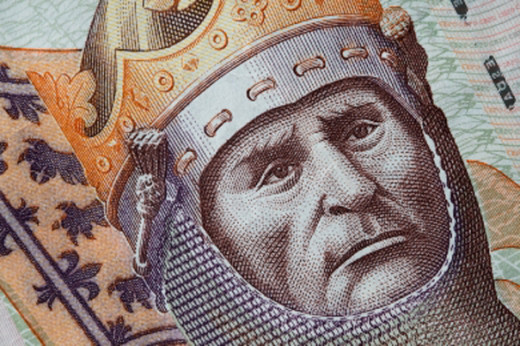
3. Robert
4,585,515 Roberts
This name comes from the Germanic name Hrodebert (meaning “bright fame”), which itself derives from the Germanic elements hrod “fame” and beraht ”bright”. The Normans introduced this name to Britain, where it replaced the Old English Hreodbeorht. Since that time, it’s been very common, but is slowly declining.
The name has been borne by two early kings of France, two Dukes of Normandy, and three kings of Scotland.
4. Michael
3,835,609 Michaels
Michael comes from the Hebrew name מִיכָאֵל (Mikha’el) meaning “who is like God?”. This is meant to be a rhetorical question, implying no one is like God. Michael is one of the seven archangels and the only one identified as one in the Bible. In the Book of Revelation in the New Testament, Michael is portrayed as the leader of heaven’s armies, and thus is considered the patron saint of soldiers.

The name has been used by nine Byzantine emperors and has been common in Western Europe since the Middle Ages, and in England since the 12th century.
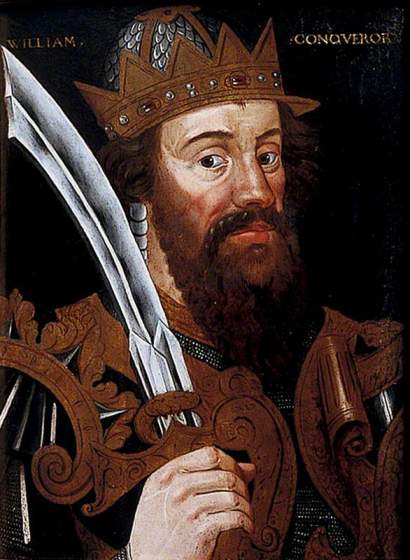
5. William
3,575,914 Williams
William comes from the Germanic name Willahelm, which is composed of the elements wil(“will, desire”), and helm (“helmet, protection”). One classic example of a William is Saint William of Gellone, an 8th-century cousin of Charlemagne who became a monk.
This name was common among the Normans, and it became extremely popular after William the Conqueror became the first Norman king of England. Several rulers of Germany, Prussia and England have all borne the name.
6. David
3,447,525 Davids
David come from the Hebrew name דָּוִד (Dawid), which was probably derived from another Hebrew name דוד (dwd) meaning “beloved”. David was the second and greatest king of Isreal, which he rules in 10th century BC. There are many stories of him in the Old Testament, such as his defeat of Goliath. According to the New Testament, Jesus was descended from him.
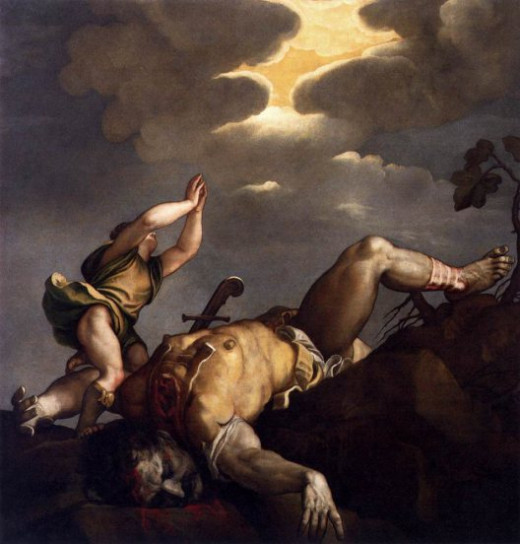
The name David has been in Britain since the Middle Ages, and has been especially popular in Wales, used in honour of the 5th-century patron saint of Wales (called Dewi).
Which name out of these is your favorite?
Read the history of the most common FEMALE names!
Are you interested in the history of the most common female names, now that you've read the male ones? Click here to go to the sister article on the most common female names.



